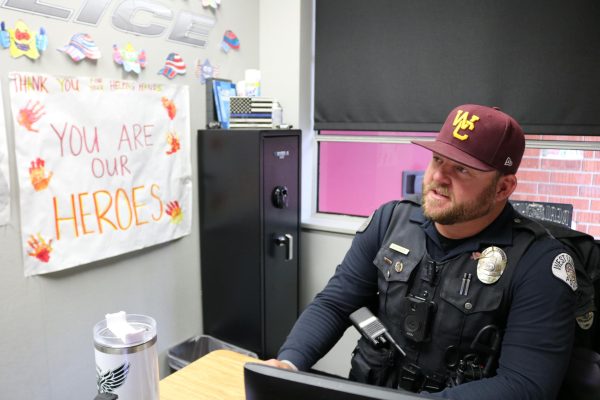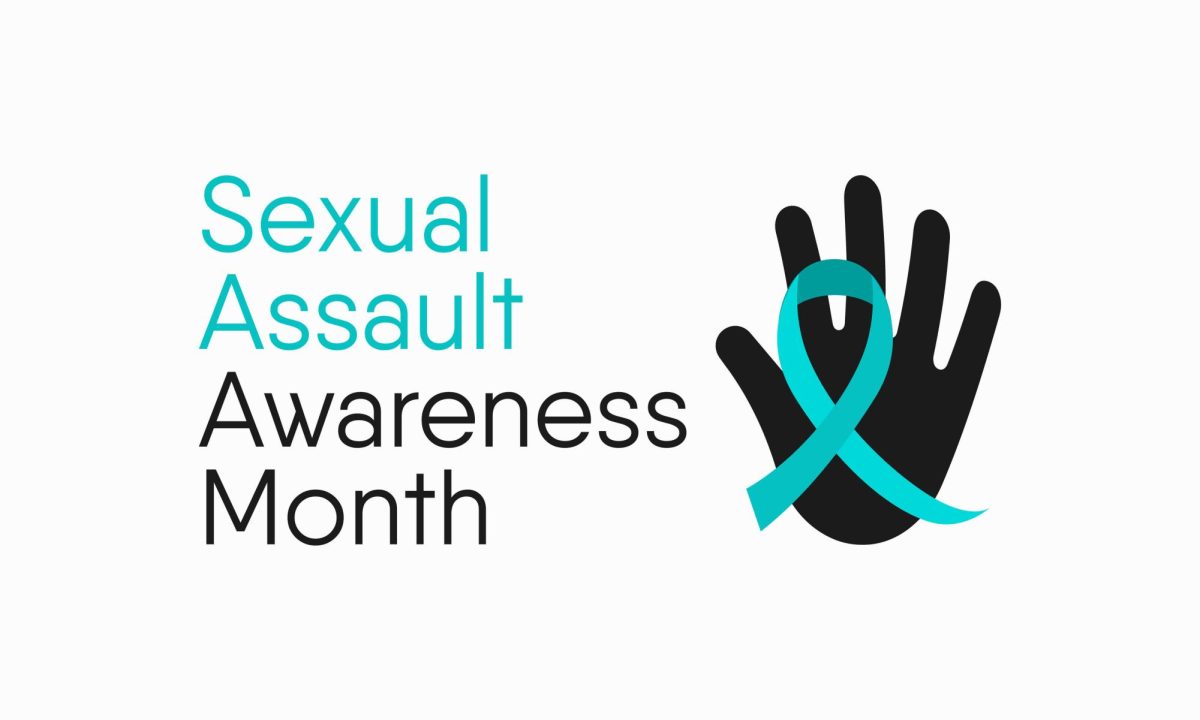Content Warning: This article includes elements that may not be suitable for some readers. Mentioned reference to sexual assault, rape, and the process of bringing a sexual assault case to court are present in the article. Readers who may be sensitive to these elements may want to reconsider reading this story.
April is Sexual Assault Awareness and Prevention Month. According to the National Sexual Violence Center which advocated to end sexual violence, one in five women in the United States have experienced attempted or completed rape in their lifetime. Along with this, statistics provided by the National Institutes of Health (NIH) report that currently over 27% of men and over 32% of women have been sexually victimized at some time in their lives. The NIH is the United State’s government’s medical research agency that aims to complete research that will improve individual’s overall health.
In cases of sexual assault in school, students can report incidents to school officials, whom all are mandated reporters because they are crimes against minors. The information is then passed on to the school’s resource officer John Alexander. During Alexander’s three years here he has dealt with around six sexual assault incidents. Not all schools have resource officers, in which case, school officials would report it to local law enforcement.
According to Alexander, when a student reports an act of sexual assault, it is up to him to determine if a crime has been committed. If so, the issue will go to a detective, who would then call in the suspect. If they determine a crime has occurred, an arrest will be made. If the student would need to go to the hospital for a sexual assault exam Alexander is the one to ensure this gets handled. However, if the incident occurred more than six or seven months before being reported, the follow-up would likely be handled by detectives.

“Everyone is taken seriously through the police department. Nine times out of 10 they’re getting arrested and whether charges are filed, is sent through the district attorney,” said Alexander.
After the case reaches a district attorney, they present it to a judge in court. As every incident is different, the accused or alleged perpetrator’s punishment depends on the level of sexual assault determined by the court and time frame in which the victim made the report. As time goes on, physical evidence which can be used to prosecute lessens, depending on the level of assault.
As stated by Alexander, time frame is one of the most crucial factors to these cases and advises that repeating the story multiple times, as difficult as it may be, is a part of the process to get something out of the report.
“You kind of have to put yourself out there a little bit if you want prosecution, retribution you know, against somebody who did something bad to you,” said Alexander.
Officer Alexander’s office is located in Student Services if a student wants to report any kind of sexual harassment or assault.
The National Sexual Assault Hotline is 1-800-656-4673, where callers will be connected with a trained staff member from a local sexual assault service provider.









Yvette Vanderburg • Apr 26, 2024 at 8:44 pm
Nicely written, Violet. Not an easy topic to write about; you handled it gracefully. Love you, Mom.
Violet Vazquez-Rios • Apr 27, 2024 at 9:53 am
Thank you!